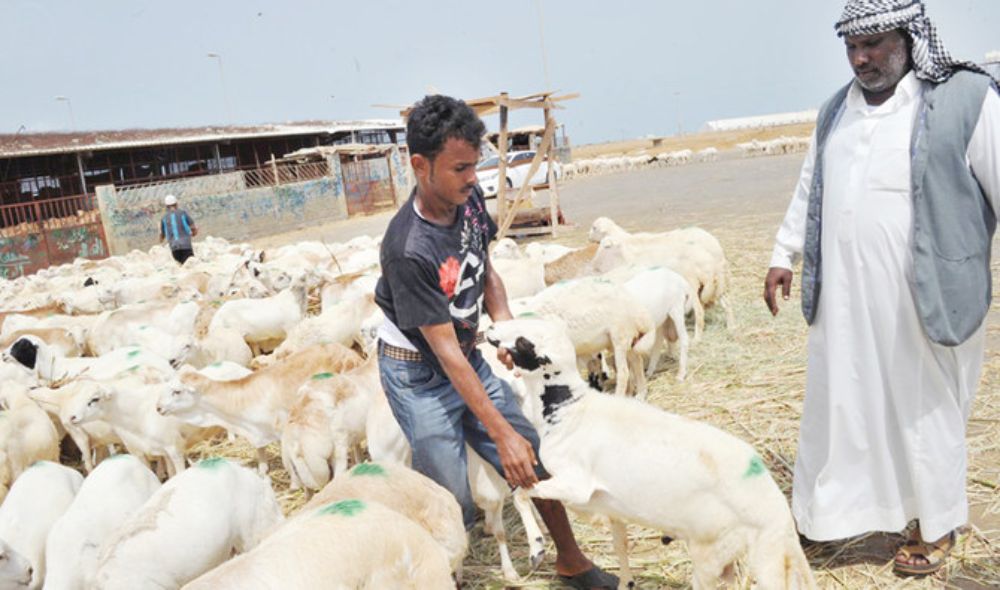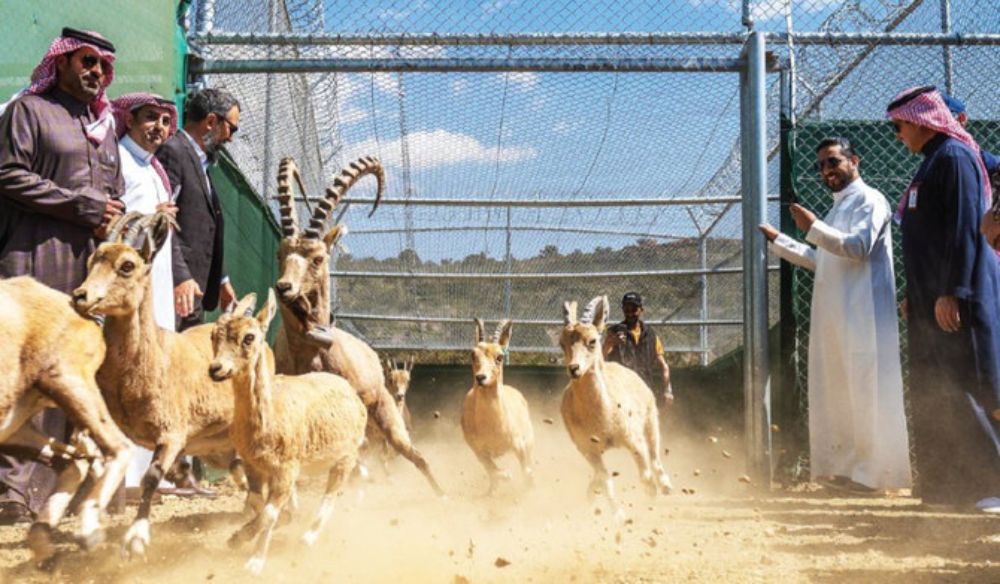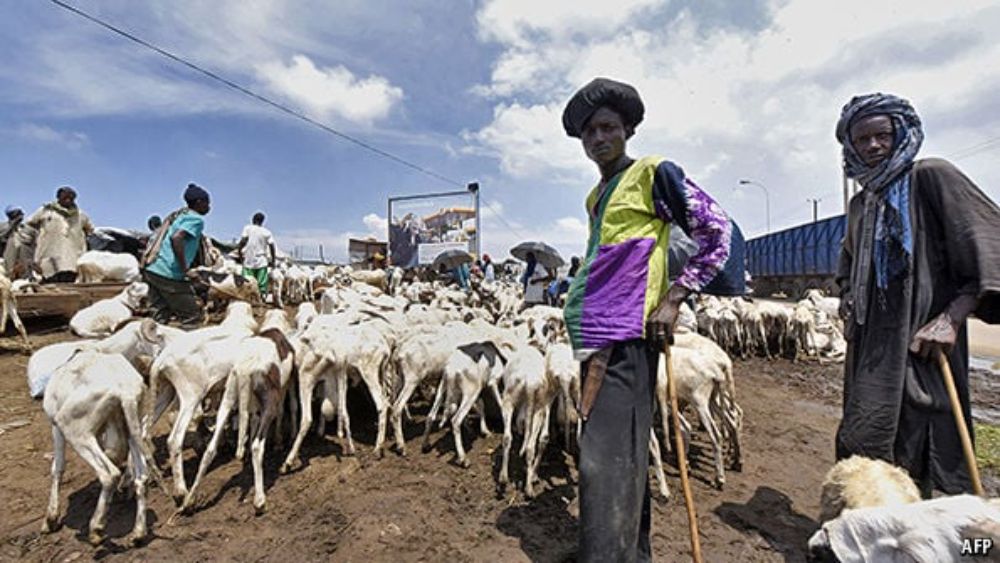When you think of Saudi Arabia, the first images that likely come to mind are vast desert landscapes, towering skyscrapers, and a diverse population drawn to the region for work opportunities, right? However, amidst this modern urban landscape lies a surprising opportunity: farming. While it may not be the first thing that comes to mind when envisioning this bustling city, Saudi Arabia offers a wide range of opportunities for farming initiatives.

In Saudi Arabia, the organic food market is thriving, with a particularly strong demand for organic goat products. This creates a lucrative opportunity for goat farming initiatives to flourish, thanks to limited production capacity and a robust supply chain, ensuring profitability.
One of the key strengths of goat farming lies in its ability to diversify products, offering goat milk, meat, cheese, and other value-added items. These products are not only diverse but also boast high nutritional value, meeting the increasing demand for healthy food options among consumers.
The goat and goat milk market in Saudi Arabia is experiencing significant growth, with an expected compound annual growth rate of 5.72% from 2020 to 2025. The primary reason for this growth is the increasing focus on health consciousness in Saudi Arabia. Obesity is a significant problem, affecting 72% of adults over 40, and 35% of the total population suffers from health issues related to obesity, with 44% of them being women.

Many are shifting towards organic food habits from junk food. Cheese made from goat milk is preferred over cow milk cheese due to its lower calorie content. Goat milk and its products are rich in vitamins A, B1, B2, B3, calcium, phosphorus, and protein, making them highly nutritious. This significantly contributes to the market success of goat milk.
Moreover, as alternative protein sources gain traction among health-conscious individuals, goat products stand out as an emerging market segment with significant growth potential.
A mature individual consuming a diet recommended by health experts is provided with most of the essential nutrients from goat milk and goat products. Health experts suggest that the nutrients found in goat milk and goat meat can help resist metabolic disorders and cardiovascular diseases, two conditions on the rise in Saudi Arabia, contributing to a healthier population.

Wouldn’t it be conceivable to start an enterprise in this sector by collaborating with local farmers in Saudi Arabia? The goat market in Saudi Arabia is ripe for opening avenues for consumer awareness, improving distribution networks, and focusing on value-added products. There are significant business opportunities for entrepreneurs who can address these unmet needs in the market.
However, several weaknesses and threats loom over the industry. Competition from imported dairy and meat products, coupled with a lack of consumer awareness about the nutritional benefits of goat products, poses challenges. Additionally, the climate sensitivity of goat farming, along with health issues like disease outbreaks, can impact productivity and sustainability.

Nevertheless, there are ample opportunities for growth. With rising health consciousness among consumers, there’s a chance to promote goat products as healthier alternatives, driving market demand. Expanding goat farming initiatives to include value-added products and collaborating with local farmers can tap into new market segments and foster sustainable growth.
But amidst these opportunities, threats persist. Competition from other livestock industries, imported products with lower production costs, climate change, and disease outbreaks remain significant challenges.
In conclusion, strategic planning, market differentiation, and collaboration with local stakeholders are crucial for the sustainable growth of goat farming initiatives in Saudi Arabia. Despite the hurdles, the potential for success in this burgeoning market is substantial, provided the industry can navigate through its challenges effectively.
